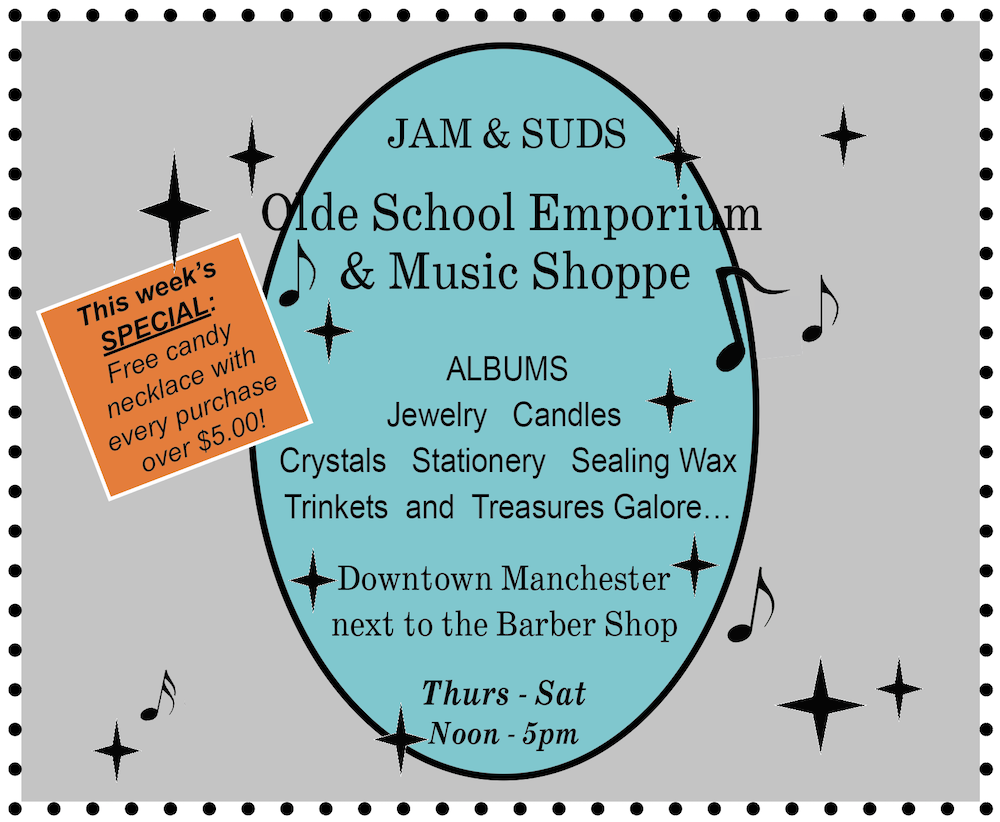Editorial: How do we know things? (part 1 of 3)

by Fritz Swanson
In philosophy, one of the basic questions is “How do we know things?”
This is called “epistemology.”
It is worth thinking about HOW we know things. This is because nobody can know EVERYTHING. We will always have to rely on other people for knowledge.
For example, I know a lot about writing and about argumentation. I teach those skills for a living at a pretty good school. But I don’t know how to fix my car. I don’t know how to milk a cow. And I don’t know how to diagnose an illness. I have to rely on a mechanic to fix my car. And I have to rely on my doctor when I get sick. And I rely on dairy farmers to get the milk ready for my table.
The stuff that you don’t know is ALWAYS way bigger than the stuff that you do know.
But often, we have to make decisions about things that we don’t know about. And so, the first thing we have to be is HUMBLE.
For my part, I think a lot about all the things I don’t know. And I am especially thinking about all the things I CAN’T know.
But still, we have to make decisions. And so, we have to figure out how to JUDGE statements even if we can’t be certain about them. We should be cautious and humble when we look at new information, but we can’t be skeptical to the point of being cynical. Because distrusting everything can be just as dangerous as trusting everything. Distrust YOURSELF, not the world.
When I am worried about this hard to pin down kind of stuff, I go back and look at what philosophers have said. Because that’s what THEY know.
There are two powerful ideas about knowledge that I want to recommend to you as worth thinking about. First, there is a very old idea called Justified True Belief. This idea isn’t perfect in all cases, but I like it as a starting point. It was first proposed by Socrates more than 2,000 years ago, and it’s still pretty solid.
Let’s take it apart. We’ll start at the end with Belief. Belief is thinking any thought, and believing it to be true. Trees are made of fish. The sky is an upside down bowl. Cars are angry with me. If you choose to believe any sentence, then you believe it. Simple.
But it is the TRUE part that is important. “True” here just means that the belief you hold is an accurate description of the world. And you might think the definition of knowledge ends there. If I believe something that is true, I know it, RIGHT?
Wrong. The final part, Justification, is the key. Justification means that you have a well-reasoned and well-grounded belief. It means you have a valid argument that supports your belief, and that argument is founded in verifiable evidence.
This three-part theory may seem obvious, but it is the ground upon which our understanding of the world is built. This is what we teach when we teach students how to select evidence and build their arguments.
Socrates observed that a Justified True Belief and a True Belief may look the same, but that appearance is deceptive. He gave an example where there are two men who give directions to the same town, and they are both correct. But one man knows the way to the town because he has been there, and the other man has merely guessed. While both men have given good advice, if you went back to each man for further directions, you might find yourself in trouble. Because the man who only gives information he is sure of may not be able to give you directions to another town, because he has not been everywhere. But the man who merely guesses will happily give you directions, and may easily send you over a cliff.
The humble man, though he often admits ignorance or gives no opinion is more useful than the man who is always confident in his knowledge, but frequently wrong.
And so, when we look at the statements of others, we need to approach them with humility. We need to ask ourselves:
Is this just something that they believe? Can they show me evidence to support their statement? Can they EXPLAIN in a clear way how they got from their evidence TO their statement?
If not, then you don’t have to believe them. Because we want advice from people who have gone on the journey that gives them true knowledge. We don't want mere guesses, even if they are sometimes correct.
The second idea I think is important is called “falsifiability.” To me, this idea gives us a better understanding of the “Justified” part of JTB Theory. When we say something is well-reasoned, part of what we mean is that the idea CAN be proven false, but evidence has not YET proven it false.
We can only KNOW something if it is something that can be proven false. Take the question: Is it raining outside? We can KNOW if it is raining or not, because we can check. It is falsifiable. The answer is either yes or no. By contrast, consider: Does a dragon dream of jelly beans? This is unknowable. We can’t check.
If you can’t check it, you can’t know it. And that’s where TRUST comes into knowledge. We have to think about things that CAN be checked, even if we personally can’t check them.
“Falsifiability” is a productive kind of humility. You operate from a position that you are uncertain about what you know, and that you are willing to be corrected if you are proven wrong. Falsifiability is an attitude that says you are ready to test your own ideas.
When you listen to other people, you want to ask yourself: Are they talking about things that can be checked? Do THEY have the ability to check on those things? Do they talk about their ideas in a way that shows they have checked? Do they have a process for changing their mind if further investigation shows they were wrong?
Or: Are they talking about things that can’t be checked? Are they talking about things they can’t check? Are they making statements that suit them? Are they open to being corrected? Have they ever changed their mind when new evidence was presented? And do they explain themselves in a way that you can follow?
On the one hand, these are simple ideas. But they are also challenging to actually fully comprehend. They force us to be disciplined and careful. They force us to accept our own limits, and to move slowly. They force us to be HONEST with ourselves. Am I believing something because I WANT to believe it? Am I believing something because it flatters me, or makes things more convenient for me? Or am I believing something because it is true, and because I can explain to others HOW it is true?
When you try to pin knowledge down with that kind of care, you quickly discover how little you ACTUALLY know.
Maybe a simple way to look at this is to pay attention to where people place their doubt. Do they doubt everyone else? Do they tell you to doubt everyone else? Or do they doubt themself, and encourage other people to put their ideas to the test? Do they change their thinking when presented with good evidence?
And for yourself, always ask: Are my beliefs well grounded? Or do my beliefs only tell me the things I want to hear? Can my belief be proven wrong? And if it was proven wrong, would I change my mind?
These are some of the questions to ask if you want to KNOW that you know things.








You must be logged in to post a comment Login